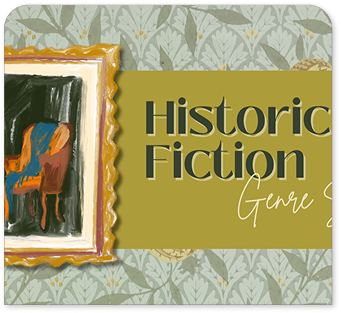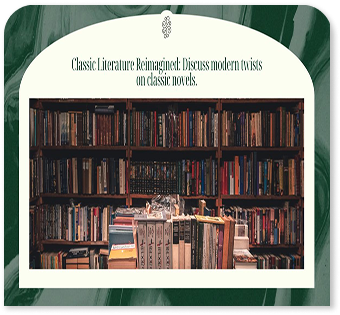-
Mon-Fri: 10AM to 8PM 01722665665
-
My Account
-
-
0
Total :
₹ 0.00

MBD Sociology serves as an essential book for BA second-year students, particularly those enrolled in the fourth semester at Panjab University, Chandigarh. It provides a comprehensive overview of sociological concepts and institutions, aiding students in their academic pursuits.
Yes, MBD Sociology is strictly based on the prescribed syllabus of Panjab University, Chandigarh. ensuring that the content is relevant and in line with the university’s academic standards.
The MBD Sociology book you are browsing is primarily in English medium, making it a great resource for English-speaking students. However, it is also available in Hindi and Punjabi versions to cater to a wider audience. This ensures that all students, regardless of their language preference, can access and benefit from the comprehensive content of this essential sociology book.
The book covers a wide range of topics, including social institutions (marriage, family, and kinship), political institutions, economic institutions, and cultural institutions, providing a structured understanding of these critical areas.
Yes, the book includes thoughtfully designed short answer type questions that correspond to the latest examination patterns, helping students effectively prepare for assessments
MBD Sociology is authored by Dinesh Gakhar, a well-respected figure in the field of sociology.
Definitely! The book is specifically crafted to align with contemporary examination patterns, making it a valuable resource for students preparing for their exams.
Yes, MBD Sociology is well-suited for self-study. The clear explanations, organized structure, and practice questions allow students to learn independently and effectively.
Absolutely! The core themes and concepts explored in MBD Sociology lay a strong foundation for advanced studies in sociology, preparing students for higher education and specialized topics.
MBD Sociology caters to various learning styles by combining textual explanations, structured unit divisions, and practice questions. This diverse approach facilitates visual, auditory, and kinesthetic learning preferences, aiding all students in grasping complex topics.
No Description Added
MBD Sociology serves as an essential book for BA second-year students, particularly those enrolled in the fourth semester at Panjab University, Chandigarh. It provides a comprehensive overview of sociological concepts and institutions, aiding students in their academic pursuits.
Yes, MBD Sociology is strictly based on the prescribed syllabus of Panjab University, Chandigarh. ensuring that the content is relevant and in line with the university’s academic standards.
The MBD Sociology book you are browsing is primarily in English medium, making it a great resource for English-speaking students. However, it is also available in Hindi and Punjabi versions to cater to a wider audience. This ensures that all students, regardless of their language preference, can access and benefit from the comprehensive content of this essential sociology book.
The book covers a wide range of topics, including social institutions (marriage, family, and kinship), political institutions, economic institutions, and cultural institutions, providing a structured understanding of these critical areas.
Yes, the book includes thoughtfully designed short answer type questions that correspond to the latest examination patterns, helping students effectively prepare for assessments
MBD Sociology is authored by Dinesh Gakhar, a well-respected figure in the field of sociology.
Definitely! The book is specifically crafted to align with contemporary examination patterns, making it a valuable resource for students preparing for their exams.
Yes, MBD Sociology is well-suited for self-study. The clear explanations, organized structure, and practice questions allow students to learn independently and effectively.
Absolutely! The core themes and concepts explored in MBD Sociology lay a strong foundation for advanced studies in sociology, preparing students for higher education and specialized topics.
MBD Sociology caters to various learning styles by combining textual explanations, structured unit divisions, and practice questions. This diverse approach facilitates visual, auditory, and kinesthetic learning preferences, aiding all students in grasping complex topics.


